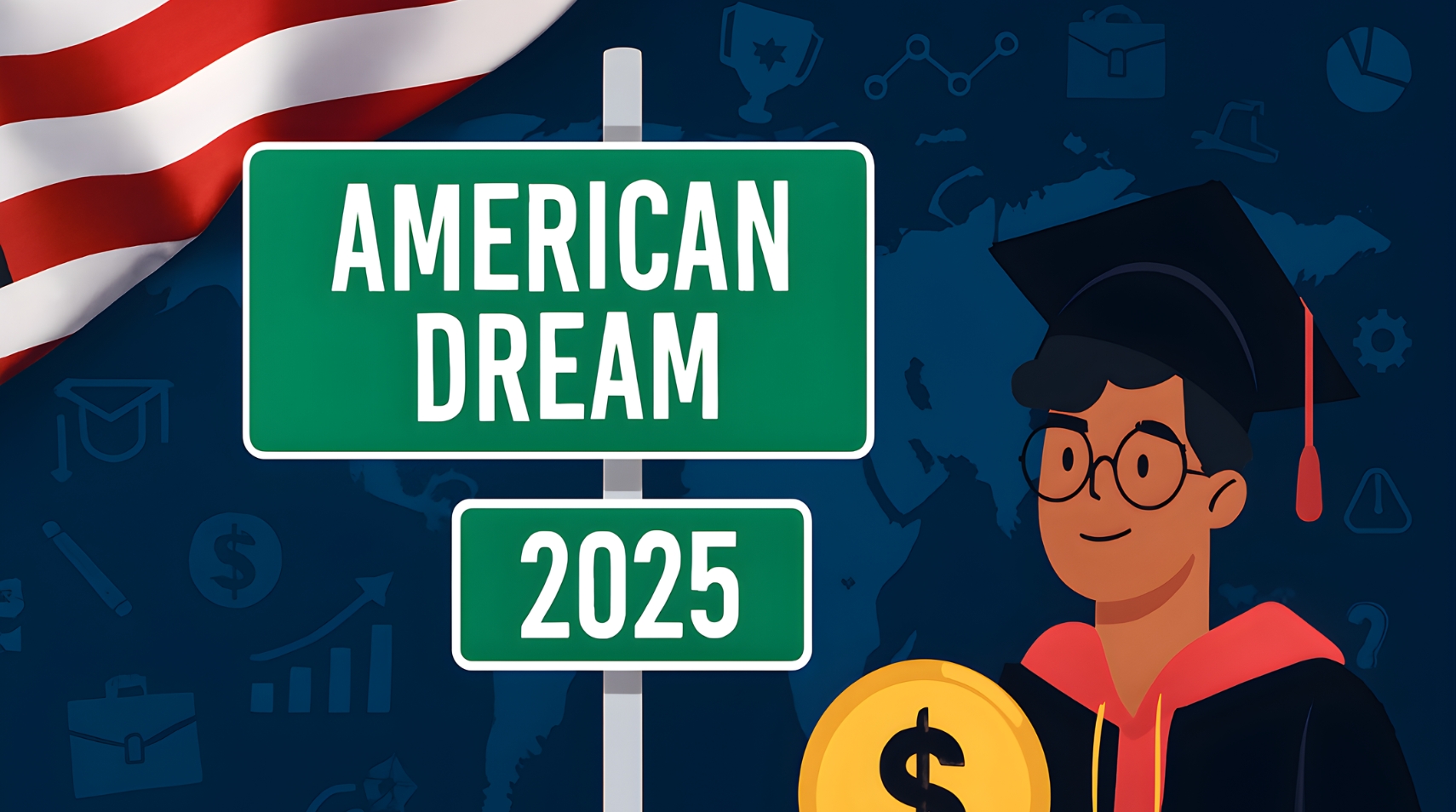Data Science is more than just a buzzword; it is a discipline that empowers industries across the board, from finance and healthcare to e-commerce and technology. By employing advanced analytics techniques, such as machine learning, data visualization, and predictive modeling, Data Scientists play a pivotal role in enabling evidence-based decision-making, improving operational efficiency, and uncovering valuable insights that drive business growth.
Moreover, studying Data Science in the USA helps students to dive into an ocean of opportunities. The country's diverse and inclusive environment ensures that you will be part of a global community, fostering cultural exchange and a rich learning experience. Additionally, the USA's strong industry presence and vibrant job market provide ample prospects for internships, networking, and securing rewarding career opportunities upon graduation.
In this blog, we will take a closer look at the best universities offering Data Science programs in the USA, explore the eligibility requirements and tuition fees, delve into the future prospects and career opportunities available to Data Science graduates, and provide valuable insights to help you make an informed decision about your educational journey.
The Rise of Data Science: Definition & Importance
The rise of Data Science can be described into numerous factors. First, advancements in technology and computing power have made it possible to collect, store, and process massive amounts of data. This abundance of data, often referred to as Big Data, has created a pressing need for professionals who can effectively navigate and extract valuable insights from these vast information repositories.
Second, the increasing complexity of business problems requires sophisticated analytical approaches. Data Science techniques, such as machine learning and predictive modeling, enable organizations to tackle complex challenges, make accurate predictions, and optimize decision-making processes. By leveraging these techniques, industries can uncover actionable insights that were previously hidden in the sea of data, leading to more informed strategies and improved outcomes.
Third, the evolution of data-driven technologies has granted new possibilities for inventions and execution. Data Science is at the core of emerging technologies such as AI(Artificial Intelligence), IOT (Internet of Things) and Advanced automations. These technologies rely on the analysis and interpretation of data to enable intelligent systems, personalized experiences, and autonomous decision-making. As a result, the demand for Data Scientists has skyrocketed, with organizations actively seeking professionals who can harness the power of data to drive innovation and generate tangible value.
Why Study Data Science? Exploring the Demand and Potential
The demand for professional Data Scientists is now nearly everywhere across world. Organizations realize the immense potential of leveraging data to gain a competitive edge, enhance customer experiences, optimize operations, and drive innovation. With the advent of Big Data and the growing availability of data sources, the need for professionals who can make sense of this information has never been more critical.
To be more specific, studying Data Science offers numerous advantages, including a thriving job market, opportunities for personal growth and innovation, high earning potential, and the ability to solve real-world challenges. With its dynamic nature and the increasing importance of data in today's world, Data Science provides a pathway to a fulfilling and rewarding career where you can make a significant impact.
Choosing the Right Path: Best Universities for Data Science in the USA
Now that you have understood the importance of Data Science, let’s explore what are those top US universities that offer Data Science programs. Here are five of them.
A. Harvard University:Harvard University offers a comprehensive Data Science program, focusing on statistical analysis, machine learning, and data visualization. Students benefit from world-class faculty, cutting-edge research opportunities, and a vibrant learning community.
B. Stanford University: Stanford University's Data Science program emphasizes hands-on learning and interdisciplinary collaboration. With access to state-of-the-art facilities and partnerships with industry leaders, students are equipped with the skills and knowledge needed to tackle real-world challenges.
C. Massachusetts Institute of Technology (MIT): MIT boasts a renowned Data Science program that combines rigorous training in statistics, computation, and machine learning. Students benefit from MIT's strong industry connections and groundbreaking research initiatives, positioning them for success in the rapidly evolving field of Data Science.
D. Monroe College: Monroe College, New York offers a cutting-edge Data Science curriculum that covers foundational concepts as well as specialized areas such as data visualization and natural language processing. Students benefit from the university's close ties to the vibrant tech industry in New York..

Requirements and Eligibility for Data Science Programs in the USA
To pursue a Data Science program in the USA, it is essential to understand the requirements and eligibility criteria set by universities. While specific requirements may vary between institutions, there are common prerequisites and qualifications that aspiring Data Science students should meet. Here is an overview of the typical requirements and eligibility criteria for Data Science programs in the USA:
Educational Background: Most universities require a bachelor's degree or its equivalent in a related field such as computer science, mathematics, statistics, engineering, or a quantitative discipline. A strong foundation in mathematics, including calculus, linear algebra, and probability theory, is often required.
Programming Skills: Proficiency in programming languages is crucial for Data Science. Demonstrated knowledge of languages such as Python, R, or Java is highly desirable. Applicants are often expected to have experience in coding and familiarity with data manipulation, analysis, and visualization.
Statistics and Probability: A solid understanding of statistics and probability theory is essential for working with data. Applicants should have completed coursework in statistics, covering topics like hypothesis testing, regression analysis, and statistical inference.
Letters of Recommendation: Usually received from professors or professionals who can vouch for your academic abilities, analytical skills, and potential for success in a Data Science program. Universities seek LoR to ensure that you have a sound understanding of Data Science as studied on your curriculum during the period of your studies.
Statement of Purpose: A statement of purpose is a personal essay that outlines your motivations, career goals, and why you are interested in pursuing a Data Science program. It provides an opportunity to showcase your passion for the field and how you plan to contribute to the Data Science community.
Standardized Tests: Many universities require standardized test scores, such as the Graduate Record Examination (GRE) or the Graduate Management Admission Test (GMAT). These tests assess your aptitude in areas like quantitative reasoning, verbal skills, and analytical writing.
English Language Proficiency: For international students, universities often require proof of English language proficiency through tests like the Test of English as a Foreign Language (TOEFL) or the International English Language Testing System (IELTS).
Application Process: Navigating the Road to Admission
The application process usually involves submitting transcripts, letters of recommendation, a statement of purpose, and a well-crafted personal statement that highlights your passion for Data Science and showcases relevant experiences and achievements. Let's delve a bit deeper into each of these components:
Transcripts: Transcripts provide an overview of your academic performance and achievements. Ensure that you request official transcripts from your previous educational institutions to be sent directly to the universities you are applying to. Admissions committees assess your academic background and coursework to evaluate your preparedness for the Data Science program.
Letters of Recommendation: Letters of recommendation are an essential part of the application process. Select professors, supervisors, or professionals who can speak to your academic abilities, research potential, work ethic, and potential for success in a Data Science program. These letters should provide insight into your skills, achievements, and potential as a future Data Science student.
Statement of Purpose(SOP): The statement of purpose or SOP is a written form of letter that is required to convey your motivations, career goals, and aspirations in the field of Data Science. Craft a compelling and well-structured statement that explains why you are interested in pursuing a Data Science program, how your past experiences have shaped your interest, and how the program aligns with your goals. Highlight specific research interests, projects, or coursework that demonstrate your commitment to the field.
Personal Statement: Other than the statement of purpose, some universities may require a personal statement. This is a chance to provide more personal insights and reflections that go beyond your academic achievements. Share experiences, challenges, or extracurricular activities that have influenced your decision to pursue Data Science. It's an opportunity to showcase your unique qualities, perspectives, and how they contribute to your suitability for the program.
Tuition fees for Data Science in USA
The tuition fees for Data Science programs are mainly based on the university’s ranking and program. On average, expect to invest between $30,000 and $60,000 per year for a Data Science degree in the USA. For example, studying Data Science in Alvernia University costs around $27000, whereas it costs over $39000 in Stanford University.
However, it's suggested to be informed that these figures are approximate and can be different by that of actual costs. Several factors influence the cost of tuition, including the reputation and ranking of the university, the location, whether the program is offered online or on-campus, and the duration of the program. Private universities tend to have higher tuition fees compared to public institutions.

Scholarships and Financial Aid: Funding Your Path to Success
Fortunately, there are various scholarships, grants, and financial aid options available to support your Data Science education. Several US-universities offer merit-based/ academic excellence based scholarships specially to Data Science students. Additionally, external organizations and government institutions provide funding opportunities based on academic achievement, research potential, or underrepresented backgrounds.
It's advisable to explore these options and apply early to maximize your chances of securing financial assistance. Most information about those scholarships is always published on the government website. Therefore, you must do your own research accordingly.
The Future of Data Science: Career Prospects and Opportunities
Data Science graduates can pursue a wide range of lucrative career paths. Job roles such as Data Scientist, Data Analyst, Machine Learning Engineer, and Business Intelligence Manager are in high demand across industries such as finance, healthcare, e-commerce, and technology. Furthermore, Data Scientists can expect competitive salaries in the field. Entry-level professionals typically earn $80,000 to $100,000 per year, while those with a few years of experience can earn $100,000 to $150,000.
Senior-level or specialized Data Scientists with extensive expertise can earn over $150,000 annually, often reaching six-figure salaries. The demand for skilled Data Scientists and the value they bring to organizations contribute to these attractive compensation packages. With the field's continuous growth and the increasing importance of data-driven decision-making, pursuing a career in Data Science offers not only exciting opportunities but also the potential for lucrative financial rewards.









